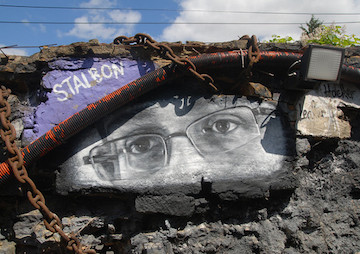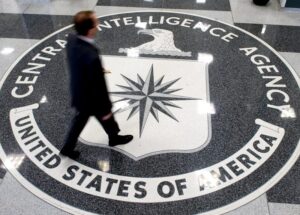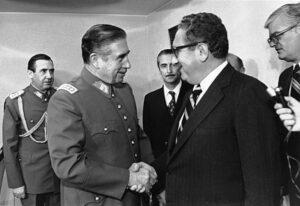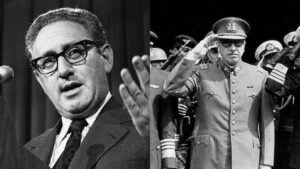Edward Snowden Explains What Makes Whistleblowing Permissible
In a piece published by The Intercept, the ex-CIA employee and NSA subcontractor reflects on the risky but necessary act of revealing information not intended to be publicly known. Mural depicting Edward Snowden. (via Flickr)
Mural depicting Edward Snowden. (via Flickr)
Mural depicting Edward Snowden. (via Flickr)
“Unrestrained power may be many things, but it’s not American,” Edward Snowden writes. “It is in this sense that the act of whistleblowing increasingly has become an act of political resistance.”
Who better to explain these moral and legal intricacies than Snowden? The ex-CIA whistleblower, who exposed the secret surveillance programs of the NSA in 2013, recently published an opinion piece at The Intercept in which he delves into the political and moral responsibilities of whistleblowers.
He first explains that many leaks have intentions and consequences influenced by internal politics — former CIA Director David Petraeus, for example, was barely charged for his misconduct (mishandling classified information). But, Snowden asks, if “harmfulness and authorization make no difference, what explains the distinction between the permissible and the impermissible disclosure?”
He goes on:
The answer is control. A leak is acceptable if it’s not seen as a threat, as a challenge to the prerogatives of the institution. But if all of the disparate components of the institution — not just its head but its hands and feet, every part of its body — must be assumed to have the same power to discuss matters of concern, that is an existential threat to the modern political monopoly of information control, particularly if we’re talking about disclosures of serious wrongdoing, fraudulent activity, unlawful activities. If you can’t guarantee that you alone can exploit the flow of controlled information, then the aggregation of all the world’s unmentionables — including your own — begins to look more like a liability than an asset.
In light of recent leaks, like the Drone Papers published last October, it is crucial that whistleblowers examine their role and their potential impact. Snowden explains the moral challenges they face:
As someone who works in the intelligence community, you’ve given up a lot to do this work. You’ve happily committed yourself to tyrannical restrictions. You voluntarily undergo polygraphs; you tell the government everything about your life. You waive a lot of rights because you believe the fundamental goodness of your mission justifies the sacrifice of even the sacred. It’s a just cause.
And when you’re confronted with evidence — not in an edge case, not in a peculiarity, but as a core consequence of the program — that the government is subverting the Constitution and violating the ideals you so fervently believe in, you have to make a decision. When you see that the program or policy is inconsistent with the oaths and obligations that you’ve sworn to your society and yourself, then that oath and that obligation cannot be reconciled with the program. To which do you owe a greater loyalty?
Read the entire piece at The Intercept here.
–Posted by Emma Niles
Your support is crucial...As we navigate an uncertain 2025, with a new administration questioning press freedoms, the risks are clear: our ability to report freely is under threat.
Your tax-deductible donation enables us to dig deeper, delivering fearless investigative reporting and analysis that exposes the reality beneath the headlines — without compromise.
Now is the time to take action. Stand with our courageous journalists. Donate today to protect a free press, uphold democracy and uncover the stories that need to be told.






You need to be a supporter to comment.
There are currently no responses to this article.
Be the first to respond.